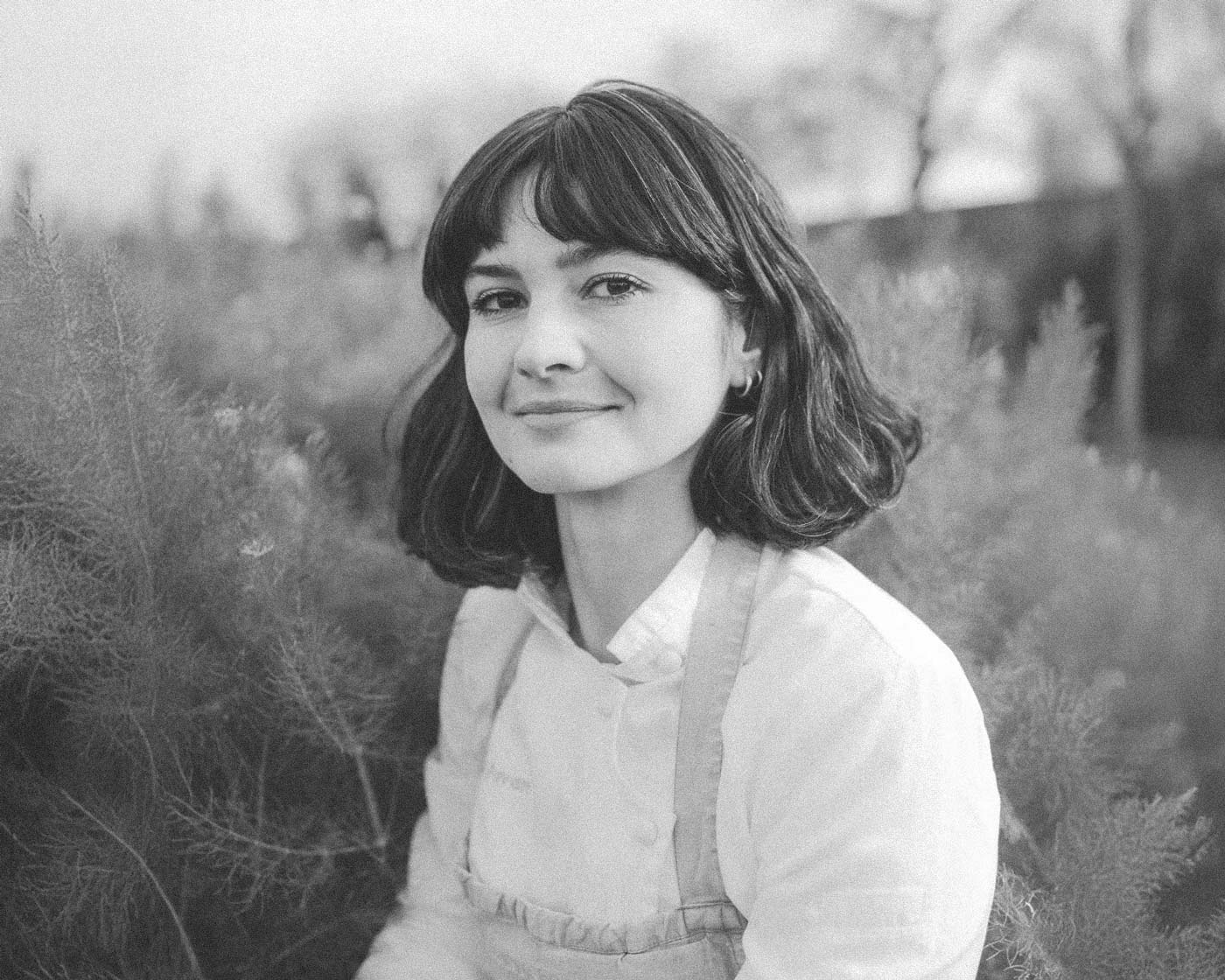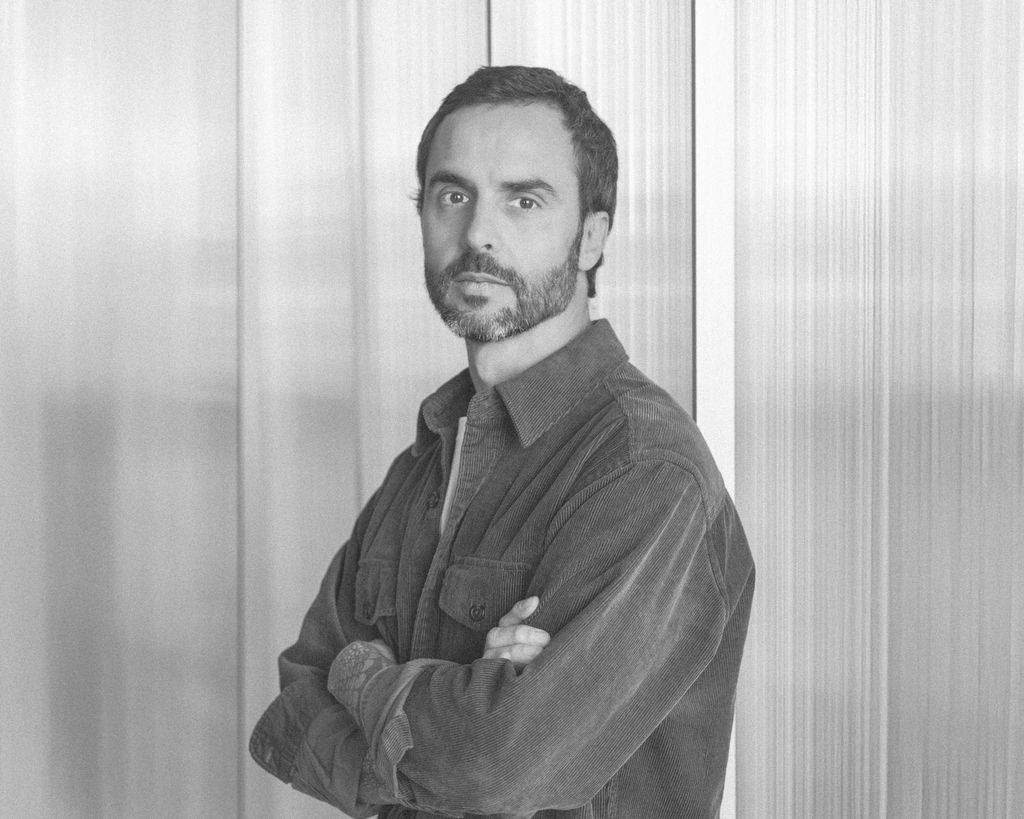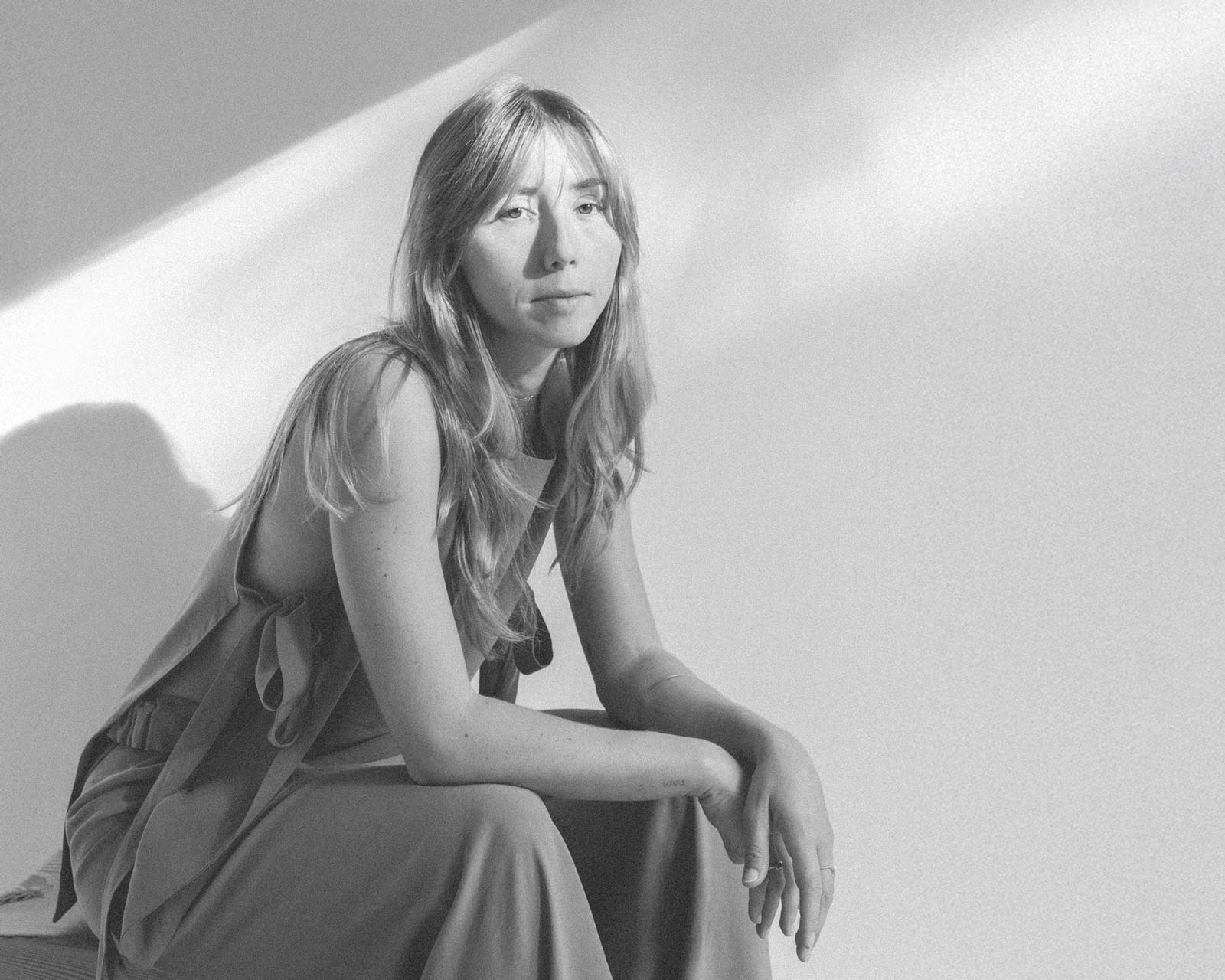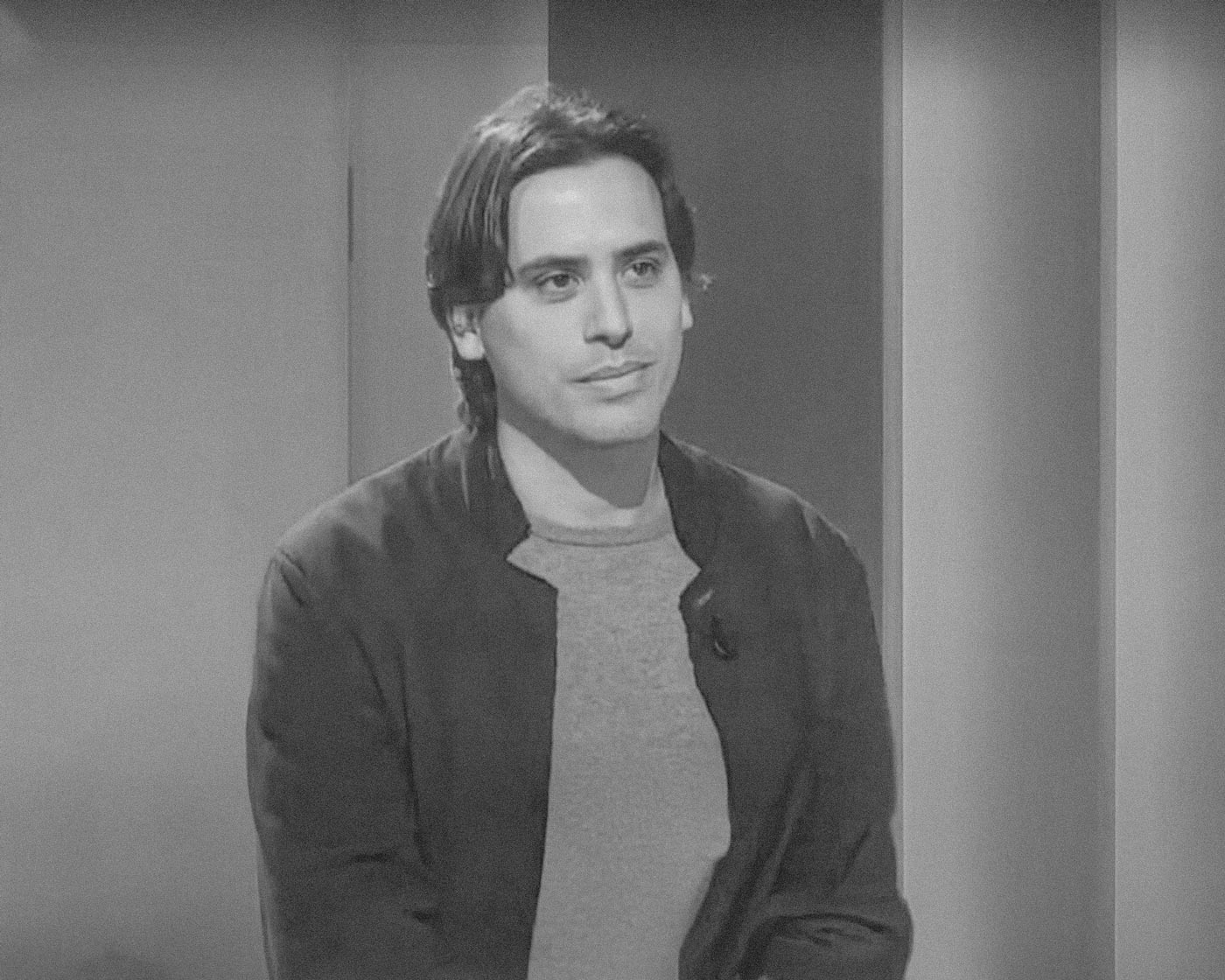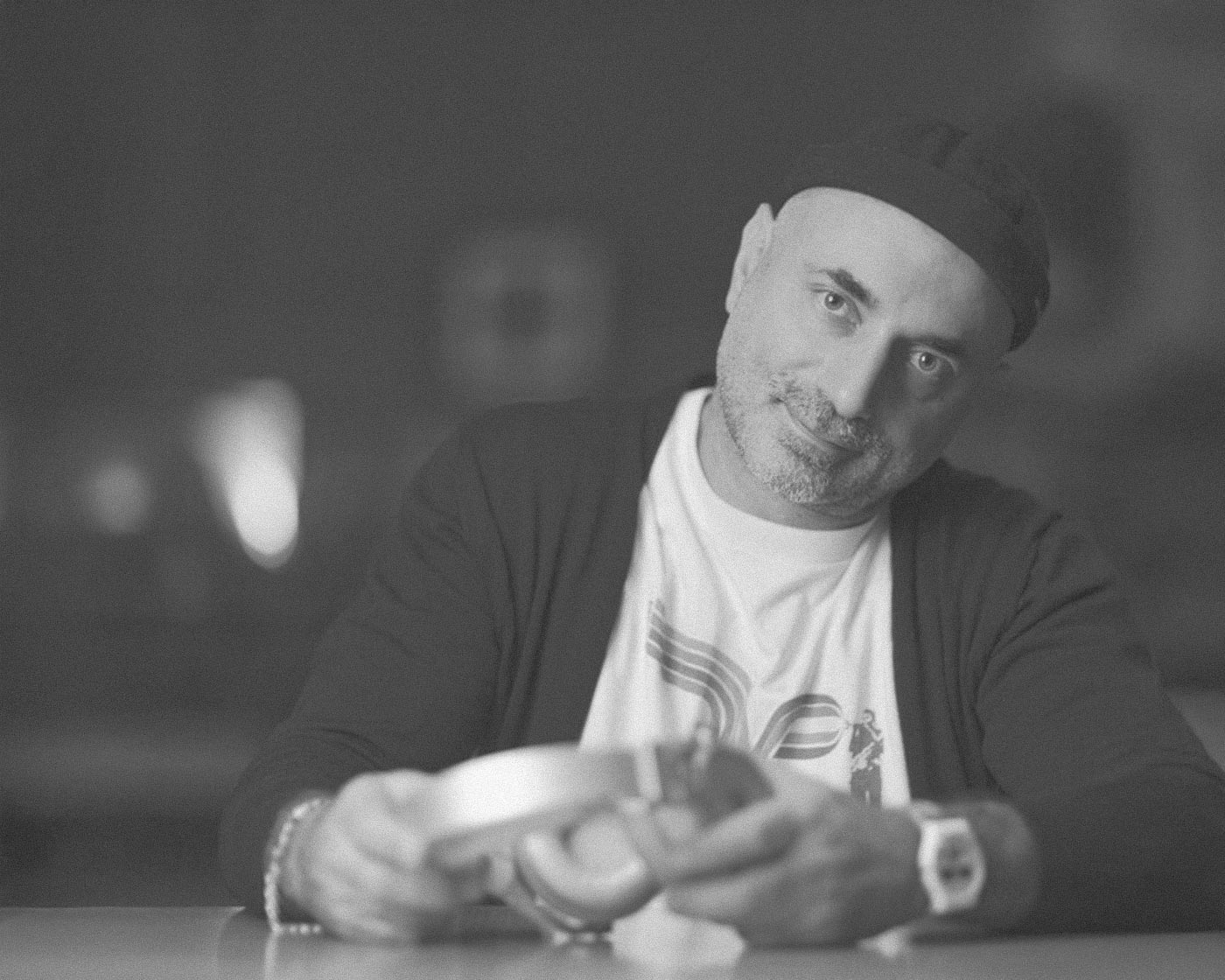Suspended between water and land, the Venetian Lagoon is a mosaic of fragility and beauty. It is here, on the island of Mazzorbo, that Chiara Pavan, together with her partner Francesco Brutto, has found her voice, transforming the Venissa restaurant into a unique model of ethical and sustainable gastronomy. Chiara explores, rethinks, and experiments by intertwining environmental research with cultural challenges. Her cuisine is about connection: between the land and its resources, between people and their stories, between the challenges of today and a more conscious future. While speaking with her, we discover a woman who has turned her kitchen into a laboratory of ideas, where pressing issues like sustainability become a truly essential ingredient.
REMIDA meets Chiara Pavan
L: While preparing for this interview, a saying kept resonating with us: beauty lies in the eyes of the beholder. In your view, what is the key to shifting perspective and discovering one's own path?
C: I believe the secret is learning to look without judgment, with a deep sense of curiosity. If I weren’t doing the job I do, I would probably be a vegan. When we encounter something new, whether it’s an ingredient, a culture, or a situation, our first reaction is often resistance or rejection. But if we allow ourselves the time to observe and understand, we can discover possibilities we hadn't considered. For me, cooking is exactly that: a continuous exercise in transformation.
L: Your cuisine is deeply connected to the lagoon environment. What was the insight that transformed the blue crab from an invasive species, a destroyer of ecosystems, into a star ingredient in your eyes?
C: I think it started with the awareness that I am part of a unique and fragile ecosystem. The Venetian Lagoon is an extraordinary place, but it is under threat from climate change and human pressure. Halophilic species have become invasive, and we are witnessing a loss of marine biodiversity: this is happening with crustaceans, eels, and even ecological niches like algae. These phenomena are occurring elsewhere too, but here they are particularly noticeable. At Venissa, we use invasive species like the blue crab and the veined rapa whelk, which my fisherman brings me, as a way to turn a problem into an opportunity. It’s a challenge that requires both creativity and responsibility. When I reflect on the impact of food, I try to understand how humans can nourish themselves without harming the environment.
L: Reflecting on your menu, how would you articulate the message it conveys?
C: The message is that nothing is immutable. Ecosystems change, nature adapts, and so can we. Seeing an invasion not only as a loss but as an opportunity is an exercise in imagination. Our menu is a snapshot of this moment. Cuisine is a way to tell the story of what is happening in our ecosystem. And we choose to tell it in a positive way, with joy. We want to show that it is possible to find value even where we don’t usually look for it. There is also another crucial aspect: if we can reduce pressure on certain species by making use of what is abundant, we are actively contributing to restoring balance.
L: Do you think “the other” truly exists?
C: That’s a philosophical question. “The other” is merely the way we define our own identity. We inevitably do this in relation to what we have known so far, often through judgment, when what really matters is remaining as open as possible. Even the concept of “fighting the invader” needs to change. We should use appropriate language, stripping away warlike undertones that distract us from what truly matters.
L: As you mentioned, change is always rooted in culture. For example, you have chosen to use the feminine term cheffe instead of chef. Is this a symbolic choice? How important are words in your work?
C: Yes, it’s an important choice for me. The French word chef has a feminine form, so I see no reason not to use it. It highlights the presence of women in a traditionally male-dominated industry, an industry where even the terminology comes from the military hierarchy of 19th-century France, where the modern chef role was first established. I find it problematic that in some contexts people prefer to use the masculine form even when the feminine exists. Choosing the feminine makes visible a reality that often remains in the shadows. Using the right words makes us more precise and more effective.
Chiara Pavan’s cuisine is a mirror of enlightened modernity, seamlessly blending remarkable dishes with urgent reflections on the world we inhabit today. Much like the waters of the Lagoon, where a thoroughly human-shaped Venice coexists with nature, her cuisine engages not only with humanity but with an entire ecosystem. In Chiara’s words: “Even protagonism must serve a purpose.”
CREDIT PHOTO: VENISSA, LETIZIA CIGLIUTTI
